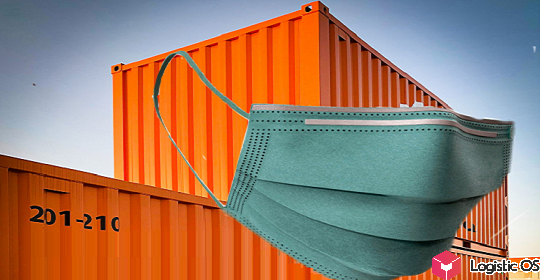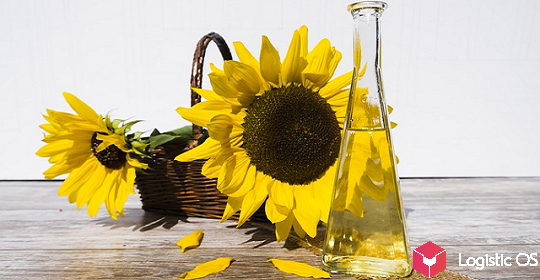In just one day, the participants were able to discuss many issues.
Here are the most important, in our opinion, problems and market trends, voiced by the speakers:
Alexander Korbut, Vice President of the Russian Grain Union:
The world economy is under the sign of uncertainty, and the further the uncertainty gets bigger.
The world is recovering, with the fastest recovering rates in the United States and China, which had the largest budget deficits.
In the near future, global inflation will be high, and the rise in prices for food products will be higher than for other goods and various services.
We are entering a decade when the regulatory (or, more correctly, the limiting) role of the state will grow stronger.
G General Director of Shchelkovo Agrokhim Salis Karakotov (conference partner):
The expert talks about the rise in prices for mineral fertilizers and notes that the cost of growing winter wheat has grown by 30%.
The impact of duties is felt very strongly, we see a decrease in the use of mineral fertilizers,
There is a colossal increase in the cost — due to the price of phosphorus — of glyphosate products, which can negatively affect the farms practicing zero technology. The technical price of glyphosate has tripled since last year.
State Duma Deputy Alexander Polyakov:
I myself grew up from a market economy and I believe that market regulation is a vicious business in my understanding … The step taken in December [to limit exports and prices of some products] is a step of despair.
President of the Russian Grain Union Arkady Zlochevsky :
The goal of regulation — to keep domestic prices in the interests of the consumer — has not been achieved. The effect is nil if not negative. The economy [for farmers] was chocolate last season, but where are you now? The volume of revenues is reduced by 20%, we see a deterioration in the sales economy due to a decrease in domestic prices.
The expert predicts that the sector’s revenue will decrease by 40% with an increase in production costs by 30%. Agricultural producers will be forced to either save on high-tech means of production, or to reduce the sowing area of some crops.
Vladimir Petrichenko, General Director of ProZerno:
The export rates are still quite good. If now, due to the high duty, there is no sharp drop in shipments, then, taking into account the reduction in export potential by 10 million tons, the second half of the season for us in general may be zero — we will reject everything in the first half of the season.
In October, the expert predicts the size of the export duty above $ 70 per ton.
Regional Director of Agrozan Commodities Sabina Sodikova :
On behalf of traders, an appeal is being prepared to the Ministry of Agriculture of Russia with a request to change the system for calculating the duty, introduce a “reduction factor” of duty for small and medium-sized ports (since low-water exporters cannot compete with exporters who work in deep-water ports), and in addition, remove from under the duty of durum, spelled and spelled.
General Director of the Institute for Agricultural Market Studies Dmitry Rylko :
In the south, the export potential is close to a record, in the Center and the Volga region — it is close to failure. The Urals even threaten to become an importer of wheat (production is below the level of consumption), and Siberia this year will receive a large volume of wheat, but the export potential of the SFD «will work for Kazakhstan.»
The good or bad news is that we are again approaching that nasty point where the duty goes up and the FOB price does not go up. Other things being equal, simple calculations show that exporters in the coming days and weeks need to go down with purchase prices to 15,500 rubles per tonne (CPT, excluding VAT). The problem for exporters is that farmers in the south of the country are not ready to sell even at current prices — 16,200-16,900 rubles per ton. And we must drop another fifteen hundred. The big question is what will happen to the market in this situation.
In general, the discussions were hot, the questions to the speakers were straightforward, and the topics were sore.

